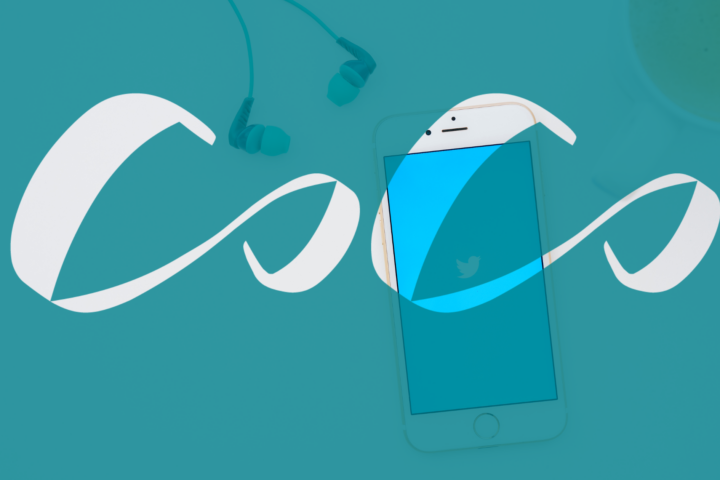Generation Z, those born between 1997 and 2012, now make up a significant chunk of the global population and consumer market. As the first generation to grow up entirely in the digital era, they have their unique tastes, preferences, and expectations. Marketing to this crowd requires a fresh approach that’s as dynamic and diverse as they are.
Authenticity Rules
In a world where the line between online and offline reality blurs, Gen Z values authenticity more than anything. They’re not just looking for products or services; they’re looking for brands that align with their values and speak their language.
For instance, take a look at Patagonia. This brand not only sells outdoor clothing but also lives and breathes its eco-friendly ethos. By backing up their words with action, they have managed to secure a place in the hearts of the environmentally conscious Gen Z.
Takeaway: Your brand needs a genuine personality that Gen Z can relate to. Be transparent, stand for something, and stay consistent in your actions.
It’s a Mobile World
Let’s face it, Gen Z spends a ton of time on their smartphones. In fact, according to a recent study, 95% of Gen Z owns a smartphone and spends an average of 4 hours per day on it. Marketing that doesn’t take this into account is like trying to catch a fish without bait.
Snapchat, TikTok, Instagram are the platforms where Gen Z hangs out. Brands like Chipotle and Nike have tapped into this trend, using these platforms for interactive campaigns that resonate with the Gen Z ethos.
Takeaway: Mobile-first strategies are crucial. Be present where your audience is. Make your content engaging, interactive, and bitesized.
Influencers? Yes, Please!
Influencer marketing continues to be a potent tool in reaching Gen Z. Unlike traditional celebrities, influencers are seen as more relatable and genuine. A recommendation from a favourite TikToker or Instagrammer can significantly influence a Gen Z’s purchasing decision.
But here’s the catch – it’s not about who’s the most famous, it’s about who’s the most relevant. Micro-influencers often have a more significant impact on their audience because their content is niche-specific, and their interaction with followers is high.
Takeaway: Collaborate with influencers who resonate with your brand values and have a strong bond with their followers.
Say it With Memes
Gen Z has an iconic sense of humour. They speak in memes, GIFs, and emojis, making these a vital part of their digital language. Incorporating these elements into your marketing not only grabs attention but also signals that you understand their world.
Remember Gucci’s meme campaign? By adopting the meme culture, Gucci showed that a luxury brand could successfully engage with a younger audience without losing its essence.
Takeaway: Don’t be afraid to show your fun side. Use memes, emojis, and GIFs to make your content relatable and shareable.
Make it Experiential
Experiences matter to Gen Z. They’re not solely interested in buying products but seek engaging experiences. Brands that provide immersive and personalised experiences, both online and offline, are more likely to win their loyalty.
Take IKEA, for instance. With their augmented reality app, customers can visualise how the furniture will look in their space before buying it. This clever use of technology enhances the customer experience and positions IKEA as a forward-thinking brand.
Takeaway: Leverage technology to create unique, personalised experiences that enhance your brand’s interaction with Gen Z customers.
Marketing to Gen Z is not about a complete overhaul of your strategies but rather a shift in perspective. It requires us to understand their world, speak their language, and meet them on their preferred platforms. It’s about creating meaningful connections, authenticity, and a sense of shared values.
Gen Z has already begun to reshape the marketing landscape. By understanding and adapting to their preferences, businesses can not only succeed in engaging this influential group but also set themselves up for the future as Gen Z steps into their peak buying power.
This dynamic and diverse generation continues to challenge us, marketers, to push our creative boundaries, to experiment, and to find new ways of connecting. But isn’t that what makes our jobs exciting?
If you need assistance in tailoring your marketing strategies for Gen Z or any other audience, don’t hesitate to reach out.




